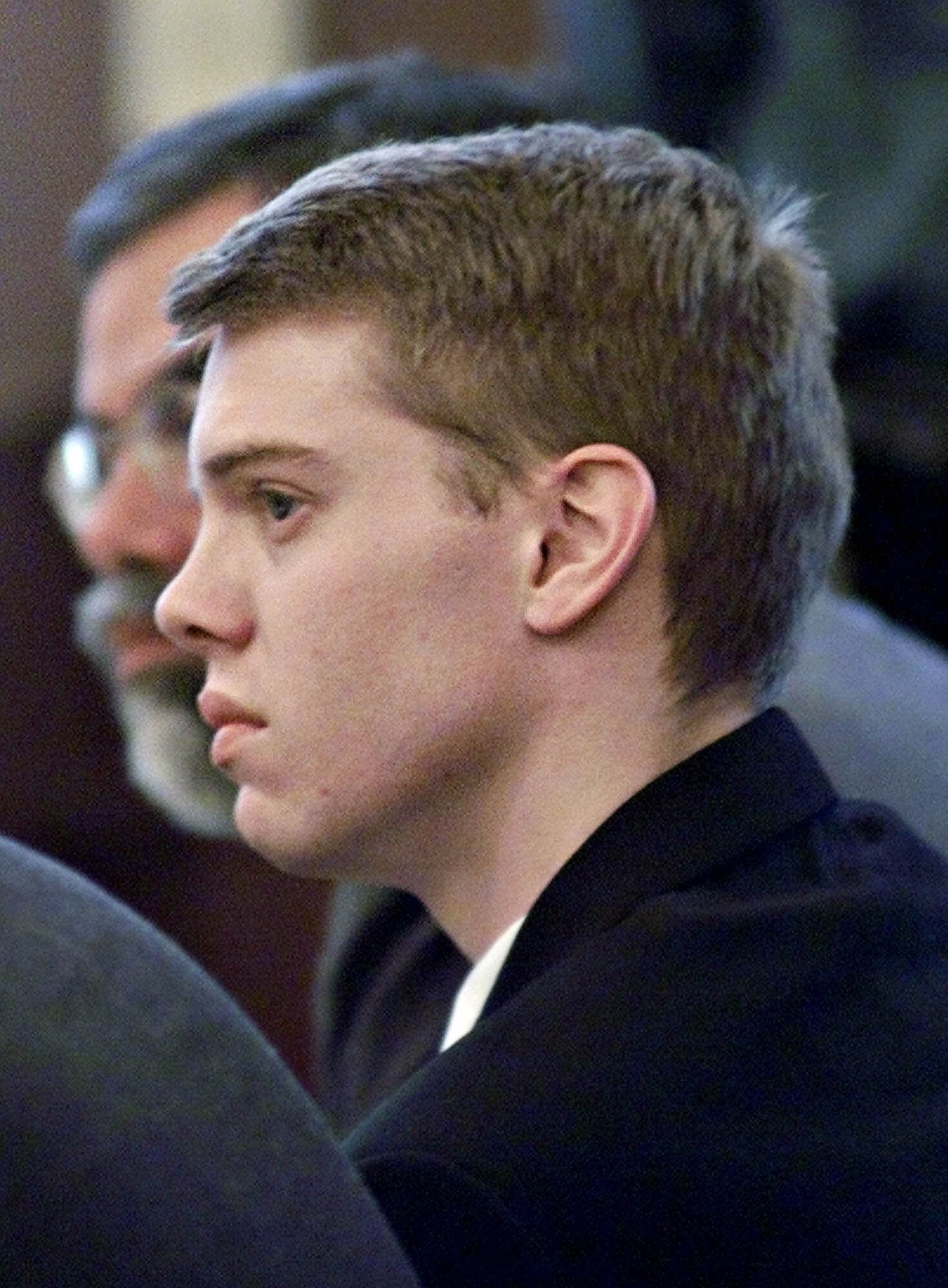High court gives Motyka fresh shot at appeal
Says Superior Court twice erred in handling of convicted murderer’s appeal hearing
LITTLE COMPTON — Convicted murderer Jeremy Motyka will get yet another day in court to pursue his appeal of the verdict and sentence that have him serving life without possibility of …
This item is available in full to subscribers.
Please log in to continue |
Register to post eventsIf you'd like to post an event to our calendar, you can create a free account by clicking here. Note that free accounts do not have access to our subscriber-only content. |
Day pass subscribers
Are you a day pass subscriber who needs to log in? Click here to continue.
High court gives Motyka fresh shot at appeal
Says Superior Court twice erred in handling of convicted murderer’s appeal hearing
LITTLE COMPTON — Convicted murderer Jeremy Motyka will get yet another day in court to pursue his appeal of the verdict and sentence that have him serving life without possibility of parole for the murder of a Little Compton woman.
Although his original conviction stands and he remains behind bars, the Superior Court’s dismissal of Mr Motyka’s appeal has now been vacated and sent back to Superior Court for further deliberation.
Mr. Motyka is serving that sentence for the 1999 Memorial Day weekend killing of 66-year-old Angela Spence-Shaw in her Sakonnet Point Road home.
In a decision dated Tuesday, Dec. 5, the state Supreme Court ruled that “it is abundantly clear” that Mr. Motyka did not receive the evidentiary hearing the law requires when his appeal was heard on December 3, 2014.
It’s the second time the Supreme Court has decided that Mr. Motyka’s appeals were not handled properly.
His first attempt was rejected by Superior Court Judge Melanie Wilk Thunberg, but, in April, 2014, the state Supreme Court said he deserved a second chance to pursue that relief claim. That ruling came after the state filed a "concession of error" in the way that an earlier attempt by Mr. Motyka had been dismissed at the Superior Court level. At that session, his court-appointed attorney, Kevin Dwyer, had concluded that there was no merit to Mr. Motyka's claim, whereupon Superior Court Judge Melanie Wilk Thunberg denied Mr. Motyka's petition.
When the case returned to Superior Court on Dec. 5, 2014, he had a new court-appointed attorney, Christopher Gontarz, but the outcome was much the same. Mr. Gontarz filed a lengthy written request with the court asking that he be allowed to withdraw on grounds that he believed that Mr. Motyka's relief pleadings were without merit.
At the court hearing, Mr. Gontarz read Mr. Motyka's seven arguments. Those argument included that he was innocent of the crimes; that there had been prosecutorial misconduct; double jeopardy; error by trial judge in not instructing the jury to take into account his actual innocence; judicial misconduct; and reliance on DNA evidence.
After each, Judge Thunberg asked Mr. Motyka whether he wished to comment but he had little to add.
Appeal handled badly
In Tuesday’s decision, the Supreme Court wrote, “We view as particularly disquieting the fact that Mr. Motyka was clearly unable to articulate his arguments in court and the fact that it is plain from the hearing transcript that his court-appointed counsel seemed to be advising him on how to respond to the hearing justice’s questions and how to submit evidence while simultaneously arguing why Mr. Motyka’s claims lacked merit.”
While the judge gave Mr. Motyka an opportunity to speak about each of his claims, the Supreme Court found problems with how that was handled.
“In attempting to respond to the hearing justice, Mr. Motyka stated that he became ‘tongue-tied in the courtroom’ and also stated ‘I can’t’ more than once. After conferring with court-appointed counsel, Mr. Motyka asked to have his previous writings … entered as ‘evidence,’” the Supreme Court wrote.
The high court was also bothered that, after the judge granted the court-appointed lawyer’s request to withdraw from the case, she “in the same sentence, told Mr. Motyka that she was ‘sure that [court-appointed counsel] would be more than happy to guide [him] through filing any appellate papers should [he] choose to do so.’”
The Supreme Court referred to the precedent case Shatney v. State in which it was concluded that “The point in time at which a trial court may determine that a … petitioner’s claims are frivolous or meritless is after the petitioner has been afforded a full, fair, and counseled opportunity to present those claims.”
“After an extensive and comprehensive review of the transcript in this case, it is abundantly clear to this Court that the December 3, 2014 proceeding was not the evidentiary hearing that we required …”
Original murder conviction
A jury in 2001 found Mr. Motyka guilty of first degree murder and first degree sexual assault, with the added finding that the murder had been committed with torture and aggravated battery. Judge O. Rogeriee Thompson sentenced Mr. Motyka to life without parole.
Prosecutors convinced the jury that Mr. Motyka, who had been working for a contractor who was renovating the victim's home, returned there early in the morning. He beat her brutally, raped her, and drowned her in her bathtub






